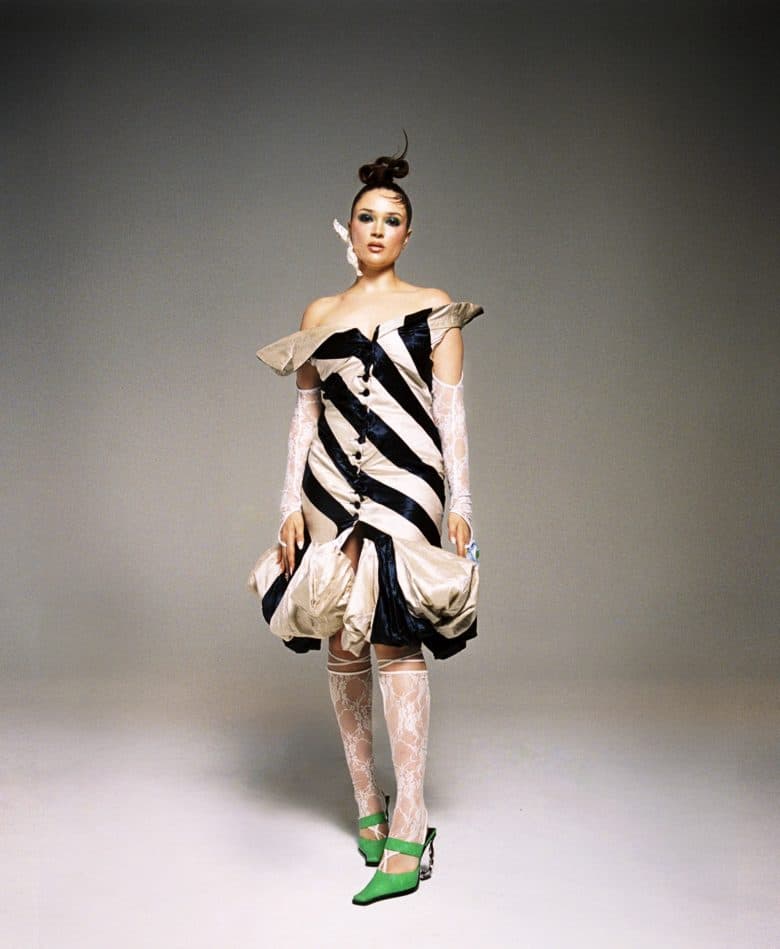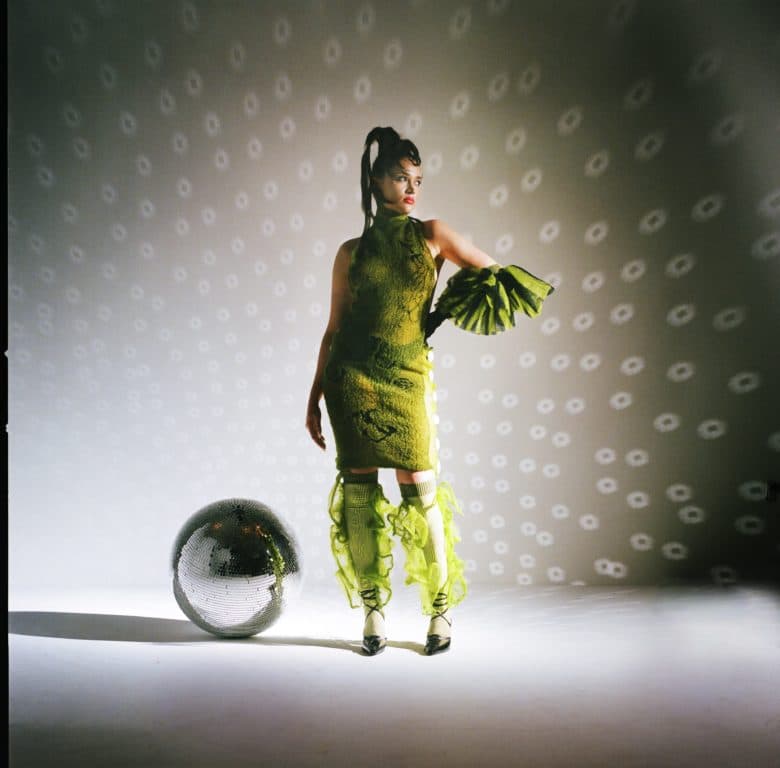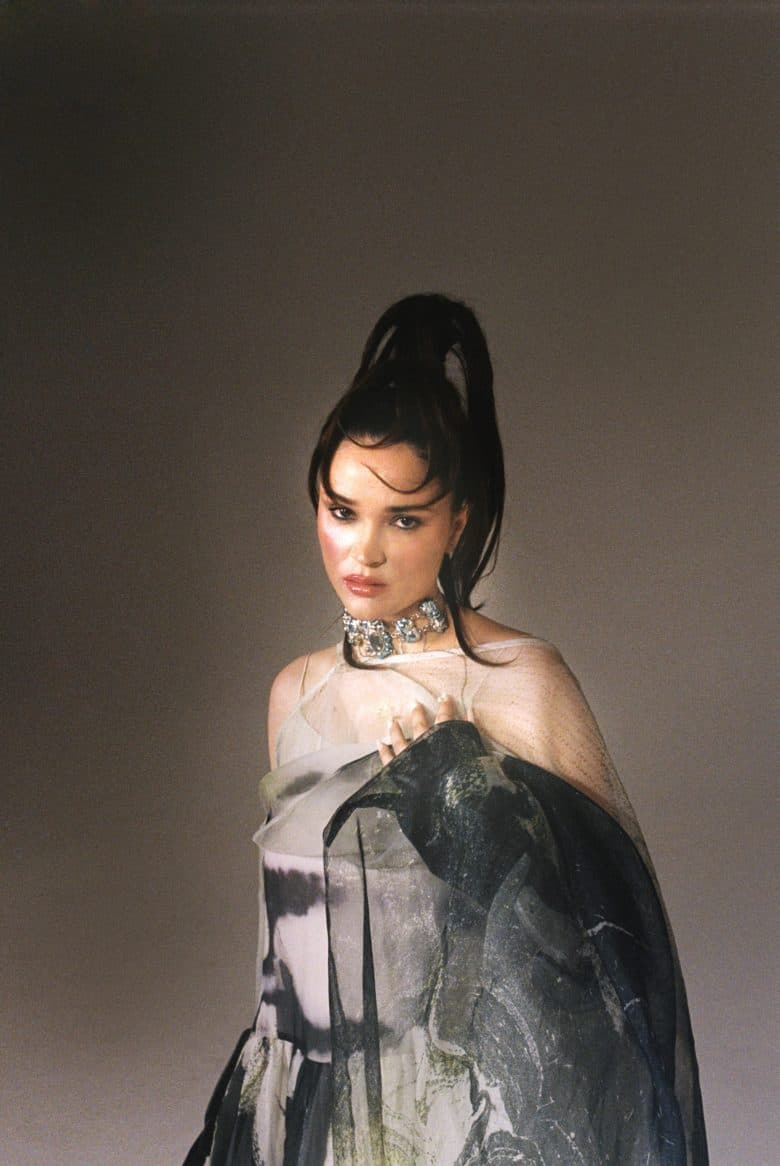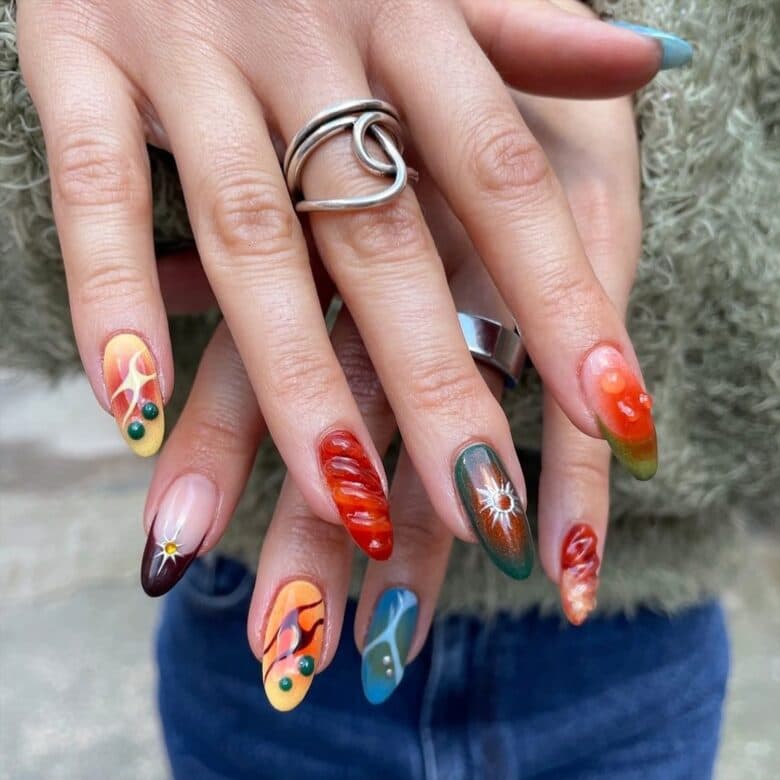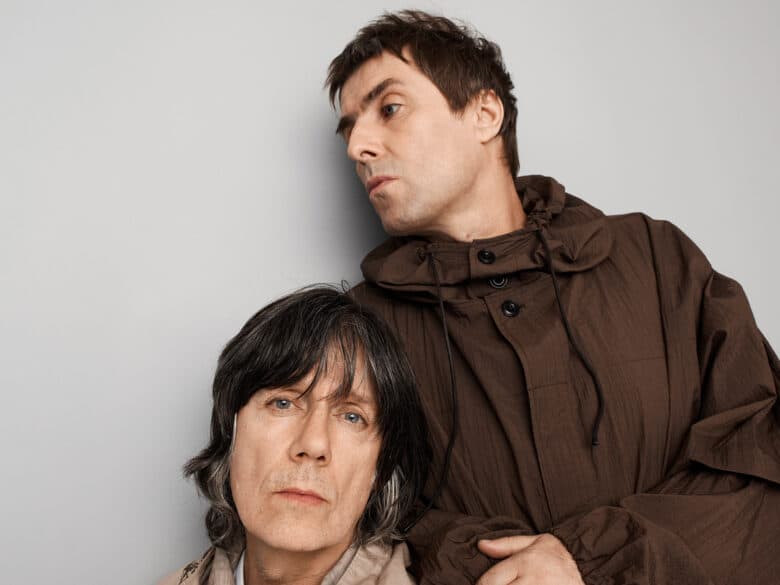Lolo Zouaï: “I’ve been rebellious since I was a teenager!”
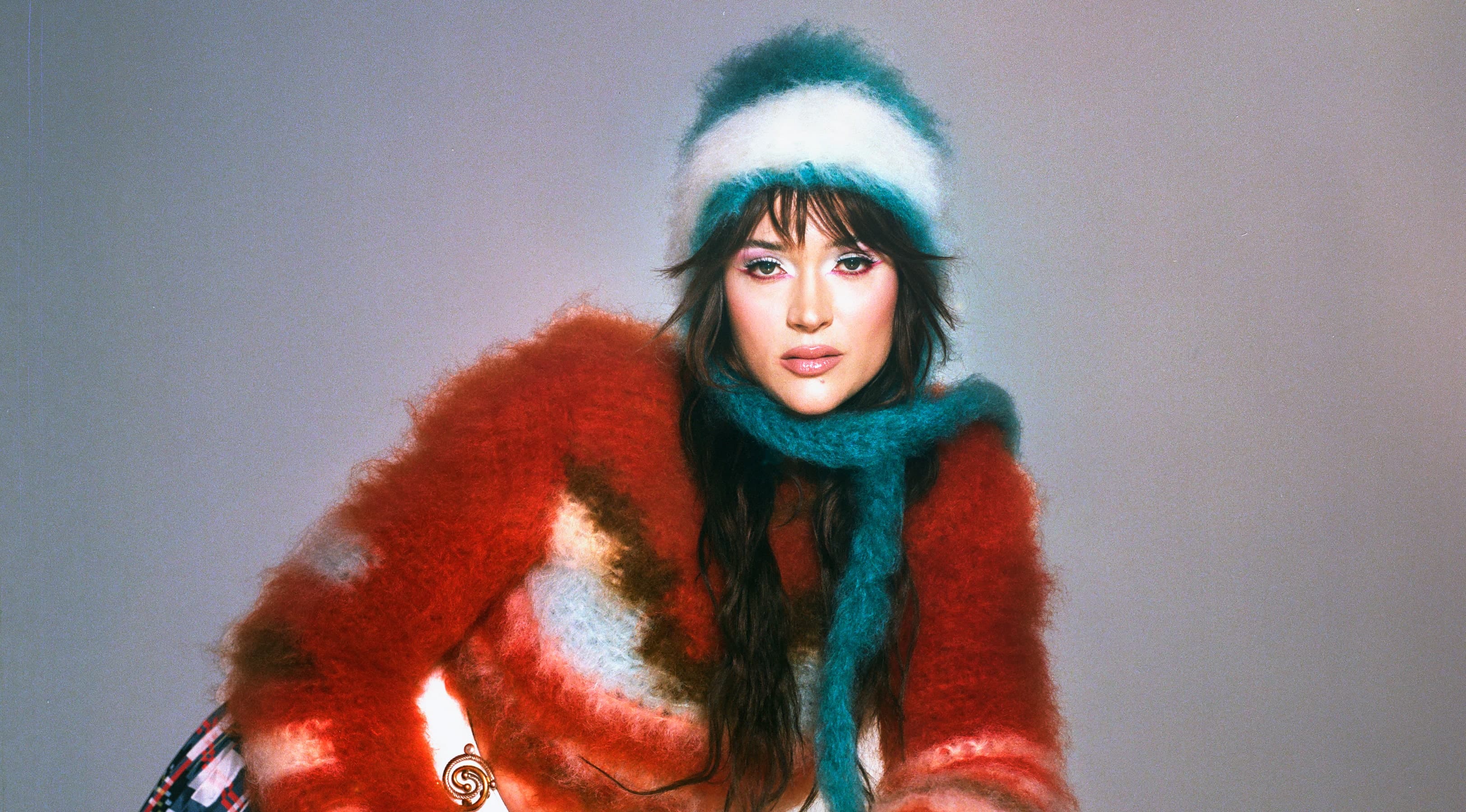
Lolo Zouaï is ready for this moment. Known for her eclectic strain of R&B-infused pop, she released her debut album, High Highs to Low Lows, three years ago – and she’s now spent almost the same amount of time off the stage. When I speak to her she’s one day into opening for Dua Lipa’s highly anticipated and long-delayed Future Nostalgia tour. Zouaï is energised, bounding past her flat to show me her tour bus, before settling down on the kerb under a blue-skied LA. Zouaï is clearly back into the swing of things.
Before the pandemic, the singer was on a winning streak. Her roster of successes included a viral track (2018’s “Desert Rose”), collaborations with Dev Hynes and BIBI, sold-out shows around the world, campaigns for Coach and Tommy Hilfiger, and a co-writing credit on HER’s Grammy-winning album. At just 26 it’s impressive, especially for someone who started making music less than a decade ago (she auditioned for American Idol aged 15 and later dropped out of music school after only one term). But Zouaï has never been conventional, not in her process, aesthetics or music videos – nor even in the language she sings in.
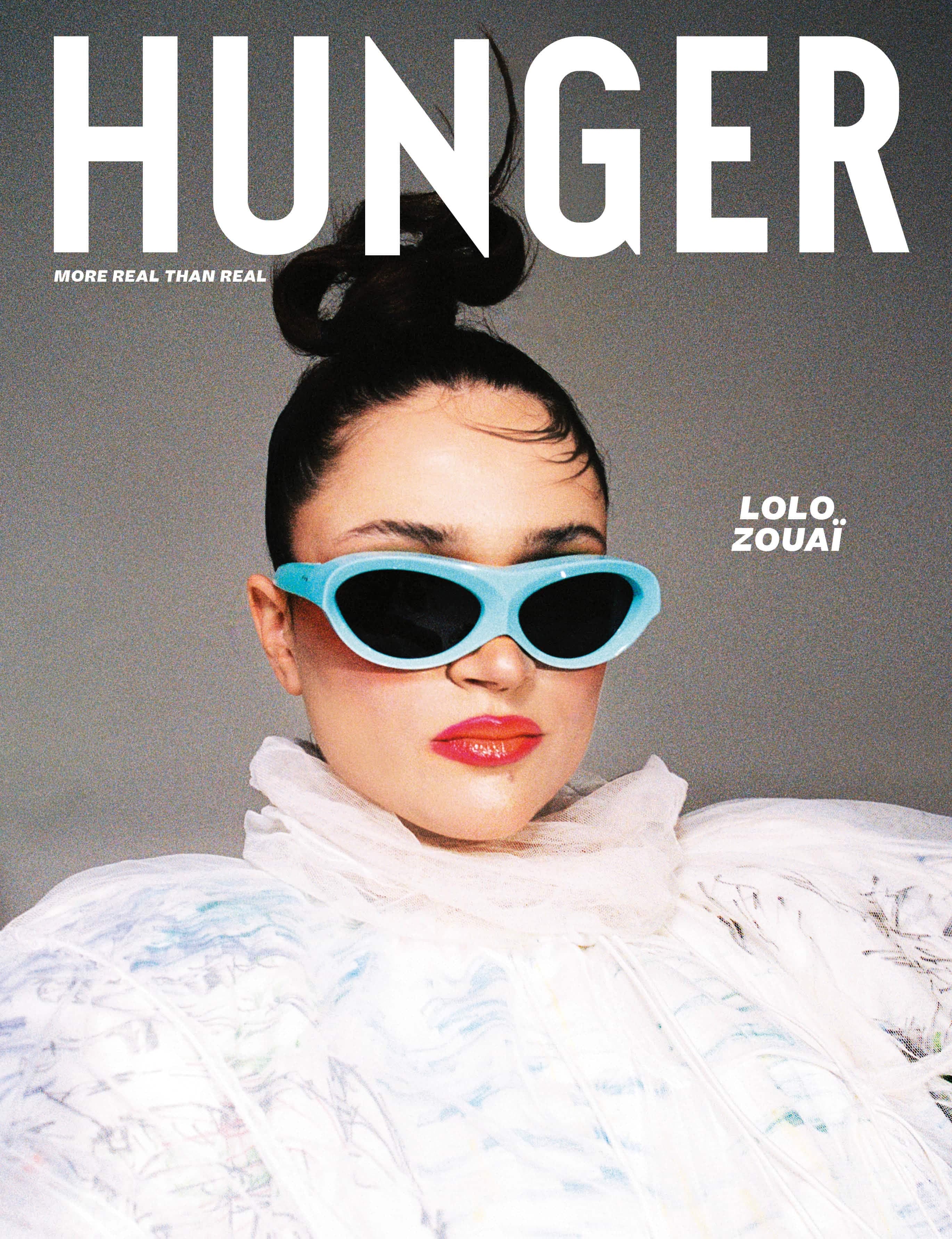
“I had a lot of momentum, I was really excited to keep it going. But when that happened, it felt like it really [had been] all too good to be true,” Zouaï recalls of the stay-at-home order hitting in March 2020. “I just wasn’t ready to make new music or be creative for a long time, so that was hard for me. I didn’t know what to do with myself, but I did realise that I could work on myself and get my mental health to a more stable place, because it had been neglected. So I wasn’t really on social media at all or putting anything out.”
The previous year, High Highs to Low Lows had been hailed as an album of the moment, its gritty vulnerability drifting into pop hooks reminiscent of Ariana Grande’s thank u, next era. But over the course of our conversation, it’s clear that this is an artist who wouldn’t have stayed in the same camp, and that’s why a protracted absence from being creative was needed. Looking at her career pre-Covid, Zouaï says that her growth tailed off at the end of 2019. “It was happening because I was physically in so many countries and touring. But I wasn’t able to keep up with my internet presence because I felt stupid when I had nothing new to promote. I found myself wondering why people would care about my life if it wasn’t related to music.”
The challenges that young artists face are only increasing. For Zouaï, first there was press and tours, then Instagram, and now TikTok, which she initially struggled with. When I ask her if the pressure to churn out content led to some burnout, she’s candid. “I felt like I’d lost a little of that raw, innocent view of music. I guess that the music industry turned me away from loving music for a year. It was pretty sad. I didn’t even want to listen to it for a while. It was like an anxiety thing where when I would listen to it, I would associate it with work, which is gonna trigger you.” She laughs. “That’s pretty heavy, but right now I love listening to music – that’s how I know I’m doing well.”
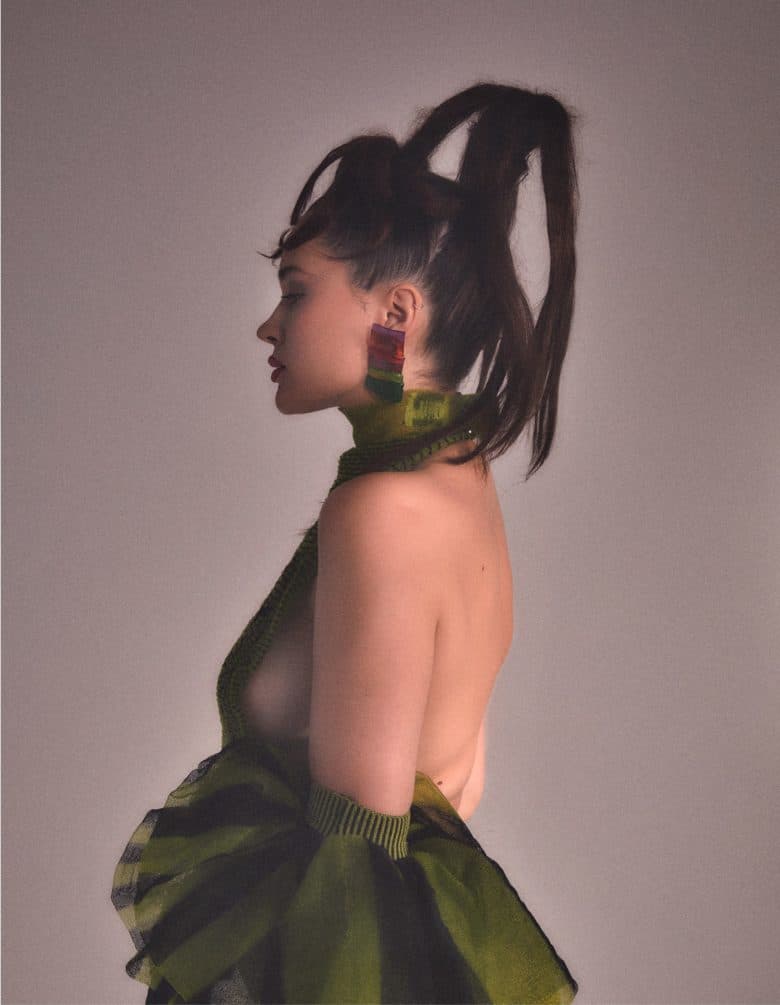
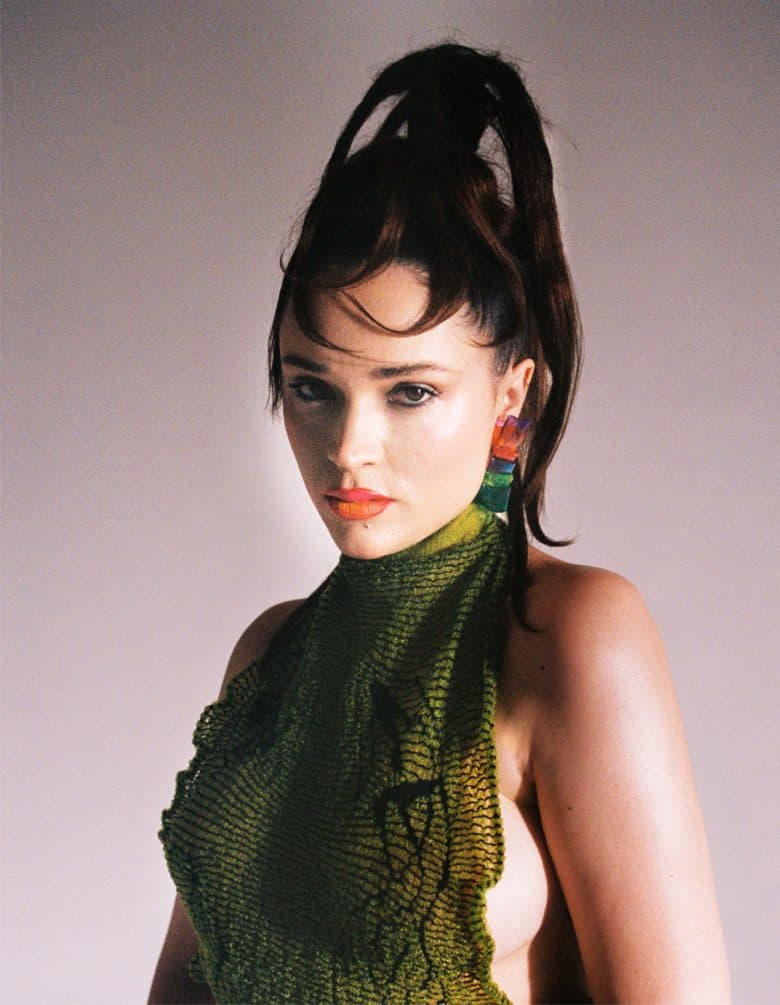
Born in Paris to a French mother and Algerian father, Zouaï bounced around growing up: San Francisco, Nashville, New York, and finally LA. It informs her music; she switches languages effortlessly, depending on the subject and vibe of the track at hand, reaching through her different selves until she lands on something that best expresses who she is in that moment. But while French is her first language, some of her most vulnerable tracks feature Arabic, including “Desert Rose”, which ruminates on her relationship with her father’s family in Algeria.
Back in summer 2017, Zouaï had been booked on a flight to Algeria to attend a family wedding when she discovered her ticket had been cancelled by a family member because she had posted a picture on Instagram of herself sticking two middle fingers up to the camera. “I’ve been rebellious since I was a teenager!” she exclaims. “I grew up with a French mom who let me buy thongs in the sixth grade.”
“I know that my dad’s side didn’t like my single ‘Galipette’. They were like, ‘She’ll get back to the right path.’ And there’s a moment where you feel that guilt like a child again, but then you’re like, well, they’re not paying my bills and that shit got nominated for the UK MVAs. I don’t judge them or whatever, but I’m not going to change myself because they want me to.” At one point Zouaï was propositioned with just that. Certain members of her family from Algeria didn’t want her to keep her last name for fear of association and asked that she adopt a stage name. “I was like, this is my last name too,” she says breezily. “And now every time they google it, it’s me that’s gonna come up. So, sorry!”
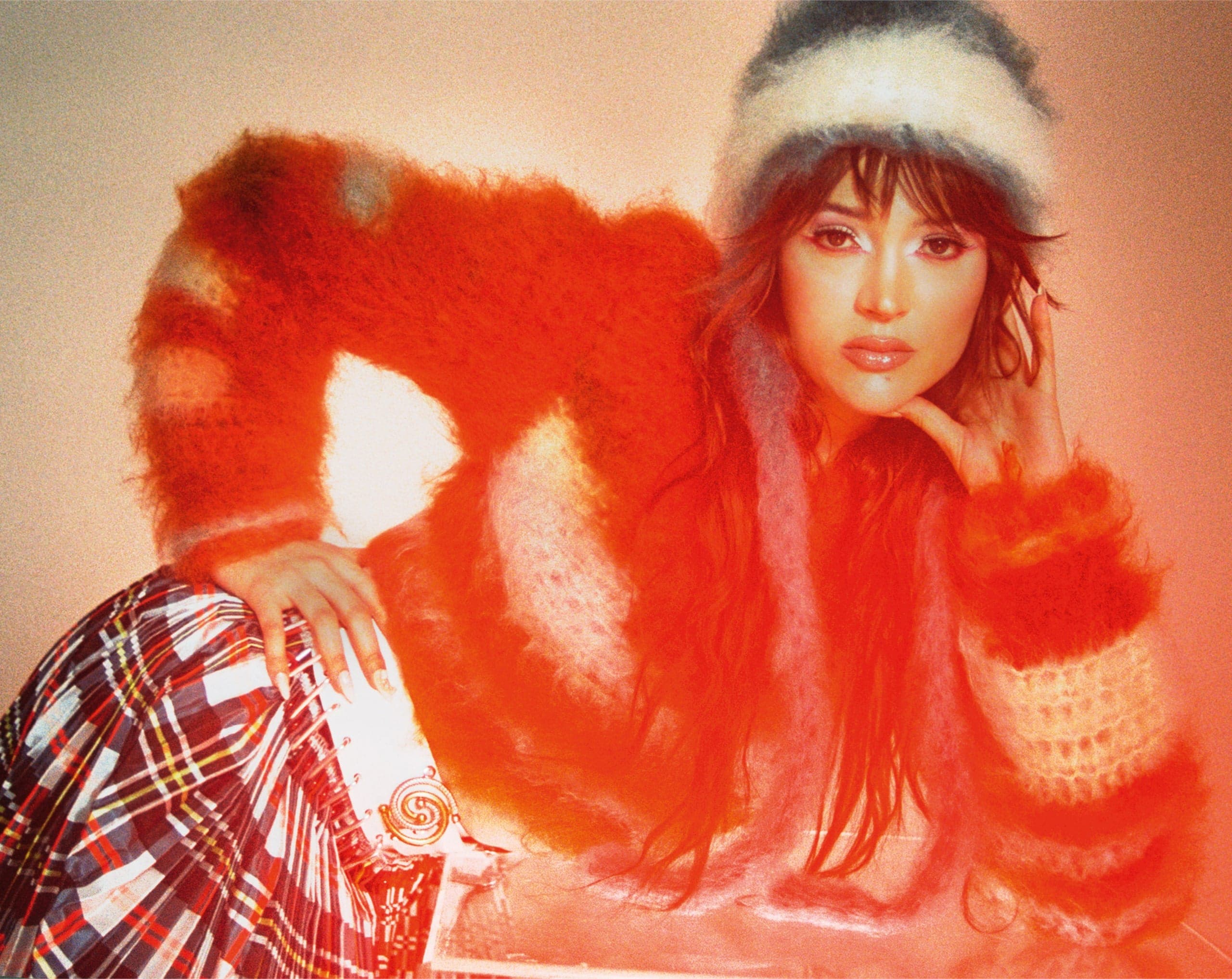
Still, certain scars run deep. While Zouaï is known for her risqué, playful image – zipping around urban landscapes, flipping her grills – she’s surprisingly covered up in most of her music videos. In fact, it’s only now that she’s unlearning the shame she’s carried about baring her skin. “Every day I’m still having to push my boundaries. I still feel like a prude sometimes. Like, I’m always trying to cover myself up, because when I was a kid I had to wear long sleeves under my costumes and princess dresses. I still feel like I don’t show my body that much, and I really should if I want to.”
Almost five years later and Zouaï still hasn’t returned to Algeria, but she doesn’t want this to be the case forever. “I really want to tour next year and go to Algeria, Morocco… Turkey. I know I have fans there,” she says. “At the beginning of my career, it was really important for me to let people know where I was from culturally. In America, even though I’m 50-50 French Algerian, I’m white-passing so everyone just thinks I’m white. I want them to know that I’m actually indigenous North African. It’s really exciting to be Algerian and play these venues.”
That’s just one of Zouaï’s many plans now that she’s out of her self-described “funk”. Off the back of her two most recent singles, “Scooter” and “Galipette” she’s working on a new album. “All of it has just made me want to make happier music now,” she says when I ask for details. “Some people who love my original stuff are gonna hate this new stuff, but I kinda wanted to slap them in the face with it. My first album was made when nobody really knew me, and I was pretty depressed and still working at restaurants. There’s this grit to someone’s first project, but there’s a point where an artist has to grow, which I want to do.”
But perhaps the optimism in Zouaï’s recent work just reflects where she’s at currently. Clearly high from a successful start to the tour, she’s determined to forge a successful next chapter. There’s music in the bank, she has started going to the gym and is proudly 120 days tobacco-free – but most importantly she has the confidence to say that she’ll be “a pro” by the time she takes the stage at New York’s iconic Madison Square Garden as part of Dua Lipa’s tour. “I’m just trying to create a good environment in my brain so I can keep doing this for years and years.”
